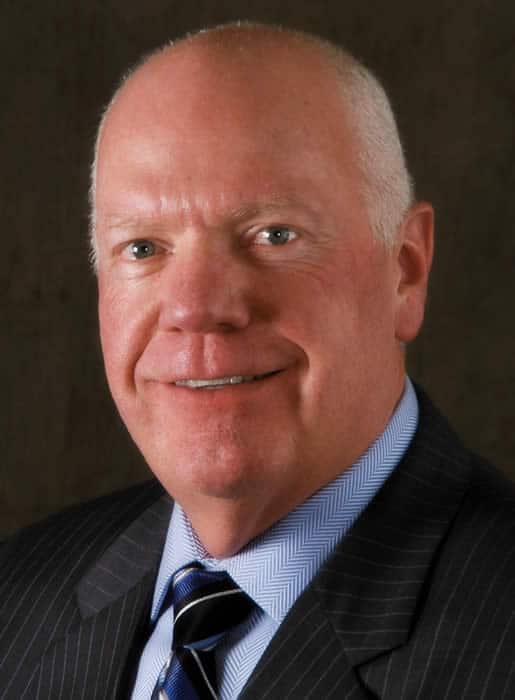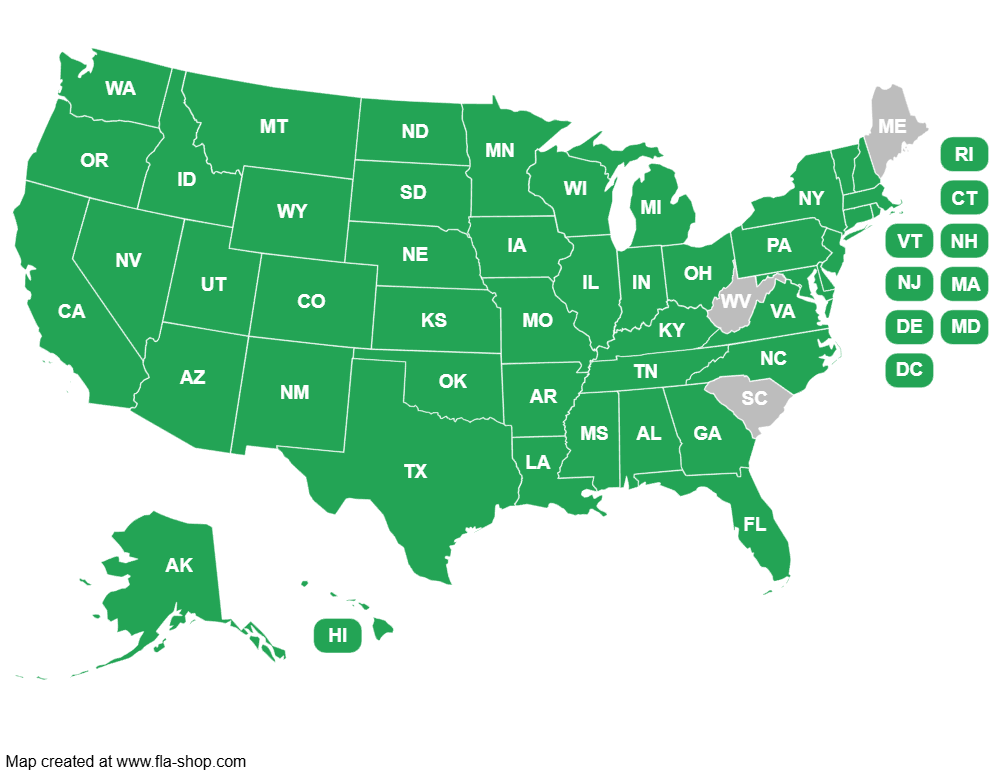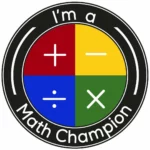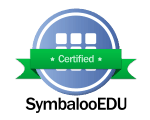This week, Utah State Sen. Howard Stephenson (R-Draper) introduced legislation that would provide incentives for schools to adopt the Singapore Math Curriculum. On February 18, 2011, the Senate Education Committee passed the measure, S.B. 179-the Math Education Initiative, by a 4-2 vote.

S.B. 179 appropriates $1.813 million in ongoing Education Funds for the Math Education Initiative. It directs the Board of Education to award grants to school districts and charter schools to adopt Singapore Math ($1 million), to schools offering honors mathematics courses ($63,000) and to math teacher training programs ($750,000).
Statewide Interest in Singapore Math
During Friday’s hearing, Sen. Stephenson said:
“We have had an interest in Singapore Math being available by many parents across the state because they learn that this is a math program that is producing the best math results in the national rankings of industrialized nations. It is a very visual method, very intuitive and seems to correspond to our human ability to understand math.”
S.B. 179 uses grants, not mandates, to encourage schools to adopt Singapore Math. Sen. Stephenson said, “Mandates don’t work very well, but when we provide an incentive, it can really move the world because there’s a competitive nature to it.”
Sen. Lyle Hillyard (R-Logan), an Education Committee member, commented:
“sometimes we need to incentivize things to have them happen, but this seems to me to make so much sense. Why don’t school districts do it anyway?”
Several others spoke about S.B. 179 at the hearing.
- JoDee Sundberg, President of the Utah School Boards Association (USBA), said that while her organization has no position on S.B. 179, they are concerned that Singapore Math materials do not support the Utah Common Core Standards. In addition, USBA is, “not supportive of any additional funding being used until we fund education and growth and some of the other areas that we have recommended.”
- Kevin Sheridan of the consulting firm Southwest Education spoke in opposition to the bill, stating that Singapore Math materials have not been recommended by the State Instructional Materials Commission.
- Former Rep. Laura Black expressed concerned about the cost of S.B. 179 and said that districts are working hard to improve math scores.
- Martell Menlove, Deputy Superintendent of the Utah Board of Education, said that the Board took the position that S.B. 179 is unnecessary and, “imposes on the Board’s constitutional role in general control and supervision.” Dr. Menlove said the Board has:
“not brought a math initiative forward during the session because of the position of the State Board that our first priorities are that the basic program and that growth be funded, and not to put things in competition to that…our math initiative would be somewhat different than this…it would have more concentration on interventions for students and not the use of outside programs or to the use of outside companies to try to tell us what to do.”
- Curtis Blanco, an electrical engineer at Hill Air Force Base and supporter of the Math Education Initiative, testified that geometry has been gutted compared to what it used to be. Blanco said that if we want to produce scientists capable of solving tough challenges like getting us to the moon, we can’t offer watered down mathematics like we are doing now.
Committee members wanted clarification about how Singapore Math aligns to the Common Core.
What’s Next
S.B. 179 now moves to the full Senate. Sen. Stephenson acknowledged that the amount of the appropriation sought in S.B. 179 is an issue, but that the initiative is worthy of consideration on the Floor. Utah’s legislative session is 45 days long, with the 2011 session to conclude on March 10.




















So I wrote to Senator Stephenson:
Dear Sen. Stephenson,
As a passionate advocate for Singapore Math, I wanted to express my appreciation for your efforts to promote the curriculum in Utah. Yesterday, I listened to the recording of the Education Committee’s hearing on S.B. 179 and summarized some of the testimony in a post on my website, SingaporeMathSource.com.
I wanted to share a couple of things with you regarding Singapore Math that might be useful as S.B. 179 (hopefully) receives further consideration.
First is a report by Achieve, an independent, bipartisan, non-profit education reform organization which has found that Singapore’s Math Syllabus aligns well with the Common Core State Standards. Achieve concluded:
“Overall, the CCSS are well aligned to Singapore’s Mathematics Syllabus. Policymakers can be assured that in adopting the CCSS, they will be setting learning expectations for students that are similar to those set by Singapore in terms of rigor, coherence and focus.”
Second is a personal observation as one who is familiar with the mathematics curriculum imported from Singapore and how it is used in schools in the United States. During the hearing, JoDee Sundberg spoke of limitations of Singapore Math grade 7-12 materials citing information from the publisher. To me, this criticism seemed disingenuous as it focused attention on secondary materials that are much less widely used than the hugely popular series of primary level materials that have been successfully adapted for the U.S. elementary school audience. There are three distinct Singapore Math textbooks designed for American elementary schools currently available: Primary Mathematics, Primary Mathematics Standards edition and Math In Focus. Singapore’s Secondary materials, while very strong, are not as well suited to our schools as the primary level curricula in that they are integrated and don’t follow an Algebra to Geometry to Algebra 2 to Pre-Calculus sequence that many states expect.
I hope that this information may be of some value as the Math Education Initiative continues through the legislative process.In the event you have any questions about Singapore Math in the United State, please feel free to contact me and I’ll do my best to help.
Thanks again for your work on behalf of our students.
Cassy, thanks for posting this and writing Sen. Stephenson. The fight isn’t over in Utah even though this bill didn’t make it through the session.